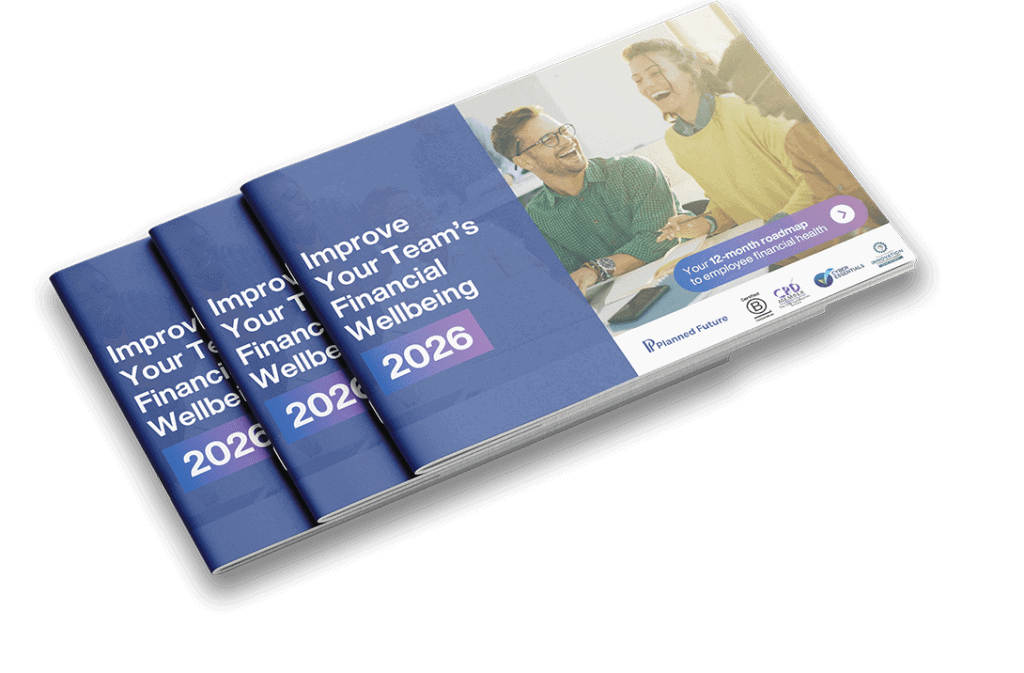Table of Contents
Every year in the UK, from 3 to 7 November 2025, the campaign known as Talk Money Week invites us to rethink how we talk about money. The theme this year is “Start the Conversation” a reminder that small chats about money can lead to big changes.
This year, we’re talking about the role of artificial intelligence (AI) in how we manage our finances. This blog unpacks why this matters, how AI is already being used, and how you can utilise AI to help with your finances.
The Use of AI In Money Management
AI is no longer something in the future but it’s here, it’s active, and it’s reshaping how people manage their money.
According to research by Lloyds Banking Group, about 56% of UK adults used AI in the past year to help manage their money (budgeting, savings, planning)
Another study by Finder UK found 40% of Brits have used generative AI tools (e.g., ChatGPT, Gemini) for personal finance advice.
But there is one issue and that issue is trust. 83% of AI users worry about data privacy and 80% about information accuracy and it should be used with caution.
Realistic Ways To Use AI For Money Management
Here are practical ideas that you can use to incorporate AI to support your finances.
Budgeting & spending-insight tools
Ask an AI-tool to work out a budgeting plan based on your current incomings and outgoings
Combine the insight with your own values: “Is my spending aligned with what I care about?”
- Ask AI for discount codes or best offers for a money-saving hack!
Savings planning & goal-setting
Set a goal (e.g., holiday, emergency fund, down payment) and ask AI “If I reduced my take-away spend by £X/month, how soon would I reach this?”
Use its projection as a guide and compare with a traditional budget app and decide what you’ll actually commit to.
Debt management and future planning
Ask: “Given my current debt and interest rates, what’s the most efficient repayment plan?”
Probe: “What are the risks if I delay pension contributions by 5 years?”
But remember AI lacks full context of your individual life, so treat results as insights, not instructions to follow.
Learning & awareness
Use AI for education: ask it to explain jargon (e.g., “What does AER mean?”), or compare finance options in plain language.
You’re building your financial vocabulary, making future conversations easier.
Cautions
While AI is a great tool, we should be aware of its limits and the risks…
Accuracy & relevance: AI tools often rely on generalising and may not have up-to-date or entirely accurate data.
Privacy & data-protection: Never share any banking information or history.
Bias & accessibility: AI tools may favour those comfortable with tech and may exclude those who aren’t.
Over-reliance on automation: Money decisions often require judgment beyond numbers including values, life changes, unexpected events.
Regulatory gaps: The sector is evolving but responsible use and human oversight for financial decisions is essential.
The Future of Financial Planning
This year’s Talk Money Week is an invitation not just to talk about money, but to talk with money and to engage actively with tools, questions and habits that shape our financial lives.
AI is not a replacement for our decision-making, but it’s becoming a powerful assistant helping us spot patterns, model outcomes and stay motivated. With a thoughtful approach, we can use it to build confidence, reduce stress and align our money with our values.

